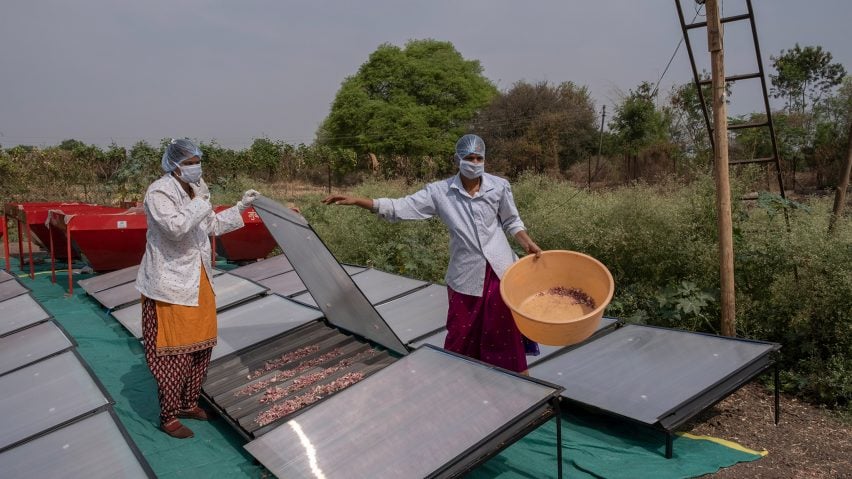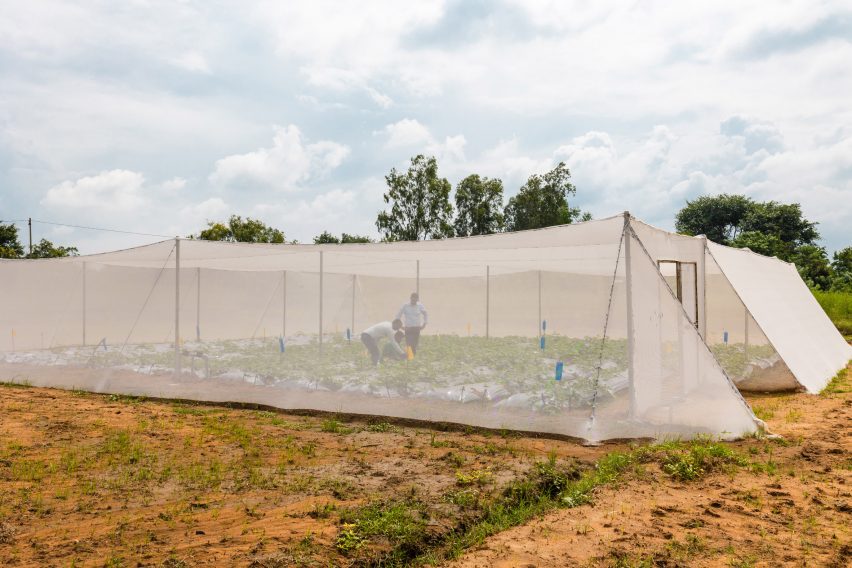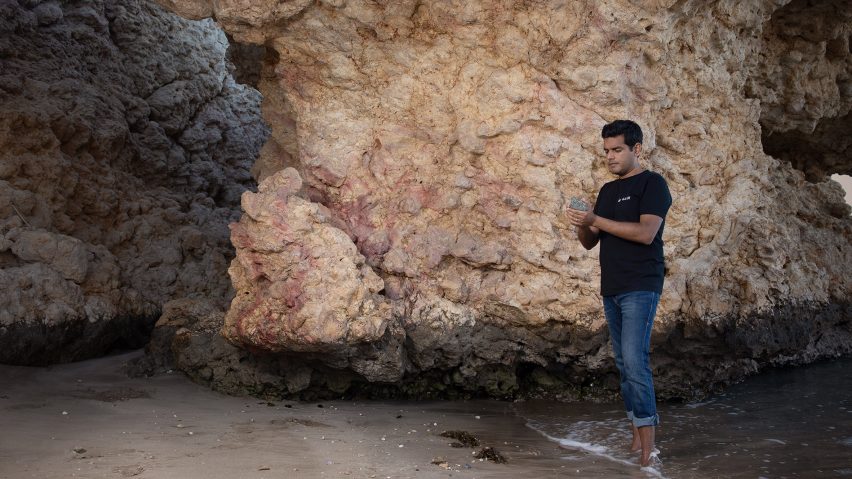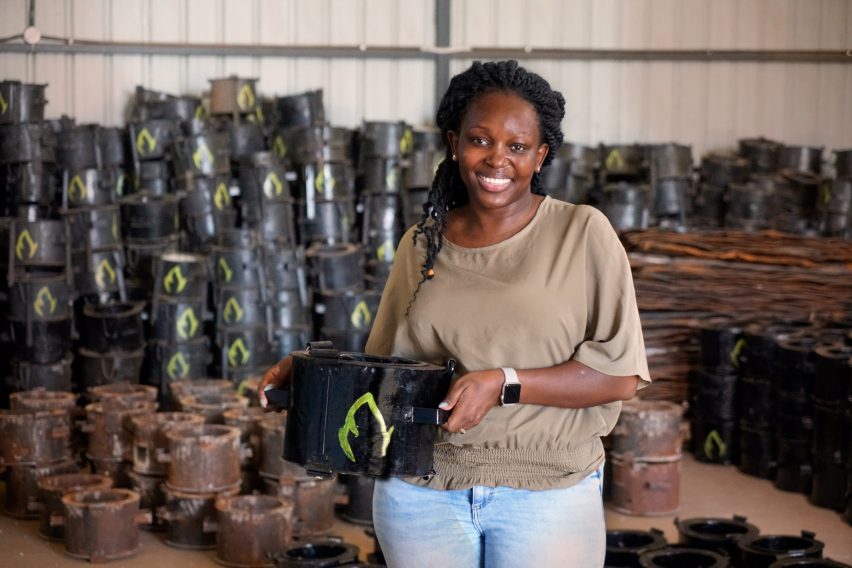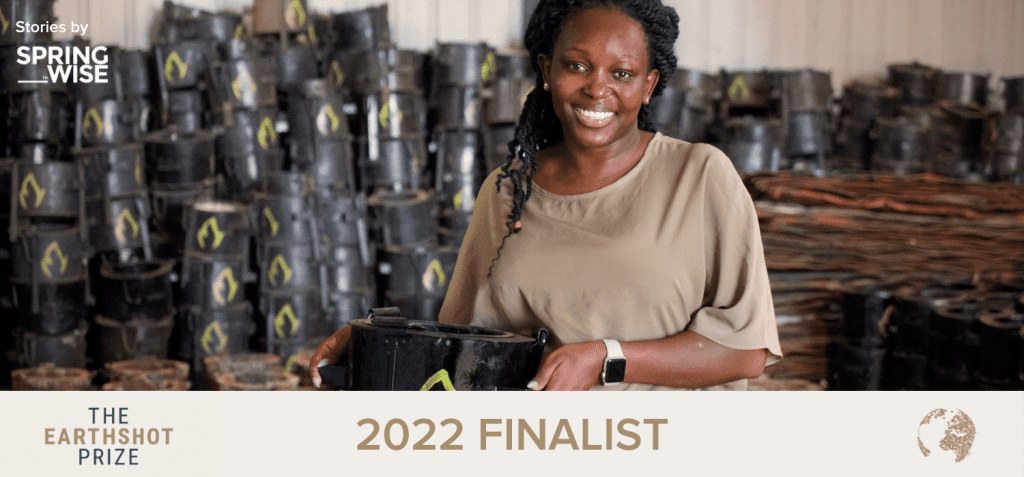Dissolvable binder for EV batteries wins 2023 Earthshot Prize
Prince William has announced the five projects that are taking home this year’s Earthshot Prize, including an AI-powered soil carbon marketplace and a more circular manufacturing process for lithium-ion batteries.
Founded by the British royal in 2021, the annual Earthshot Prize rewards innovative solutions to the world’s most pressing environmental challenges – air and water pollution, environmental degradation, waste and climate change.
From more than 1,100 entries, a winner was chosen for each of these five categories and awarded a £1 million cash prize to help scale up the project and increase its positive impact.
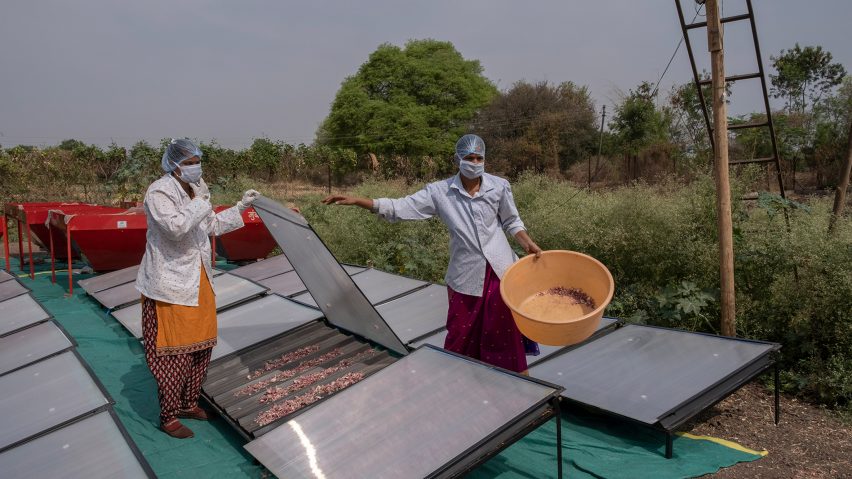
Indian company S4S Technologies was crowned the winner of the waste category for its efforts to provide female small-hold farmers in rural India with solar-powered conduction dryers.
Without the need for energy or expensive cold storage, these can help farmers preserve crops that would otherwise have gone to waste and turn them into sellable products, with the aim of saving 1.2 million tonnes of food waste by 2026.
To date, the company has helped more than 300,000 farmers, who have reportedly seen their profits increase by around 10 to 15 per cent.
“S4S, along with women farmers, are creating a new food ecosystem that reduces wastage and mitigates the increase in GHG emissions while meeting the world’s food needs,” said S4S Technologies co-founder Nidhi Pant.
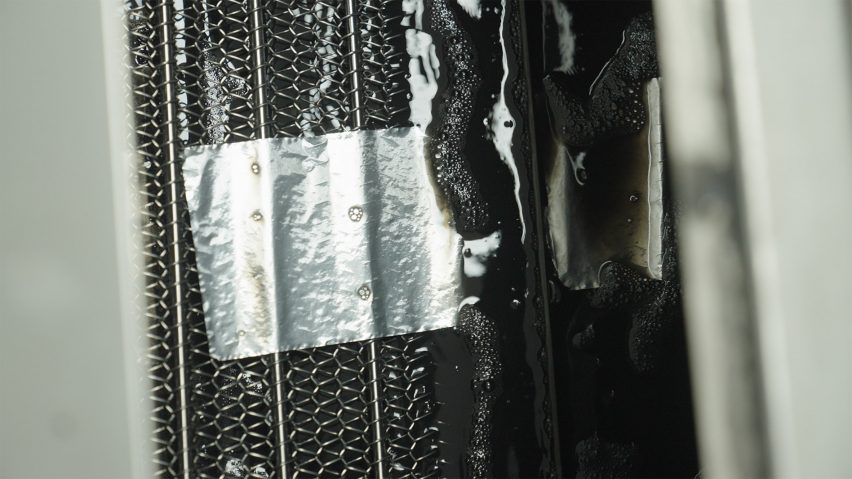
Also among the other winners is Hong Kong company GRST, which is making electric vehicle (EV) batteries more circular by manufacturing them using a water-soluble binder.
This allows its valuable lithium, cobalt and nickel components to be recovered and reused more easily, preventing waste and reducing the need for more mining.
The resulting battery lasts up to 10 per cent longer, the company claims, while emitting 40 per cent less greenhouse gases in its production.
“The world needs a massive amount of batteries to achieve net zero by 2050, but a revolution is needed to make these batteries cleaner and more recyclable,” said GRST’s chief strategy officer Frank Harley. “Today, our water-based technology is driving this transformation.”
In the climate change category, the top prize went to Boomitra – a carbon marketplace that incentivises farmers to use regenerative agricultural practices to store excess atmospheric carbon in their soil.
This carbon storage is tracked via satellites and artificial intelligence, and ultimately sold to companies and governments in the form of carbon credits, which the company says are independently verified.
Boomitra is already working with 150,000 farmers across Africa, South America and Asia, and believes that it could store one gigaton of CO2 in soil by the end of the decade.
“We cannot restore the earth without the support of farmers, who produce the food we eat and rely on the land for their income,” said founder Aadith Moorthy.
“Our technological solution empowers farmers with the data they need to improve soil and maximise their crop yields while creating a valuable store for carbon.”
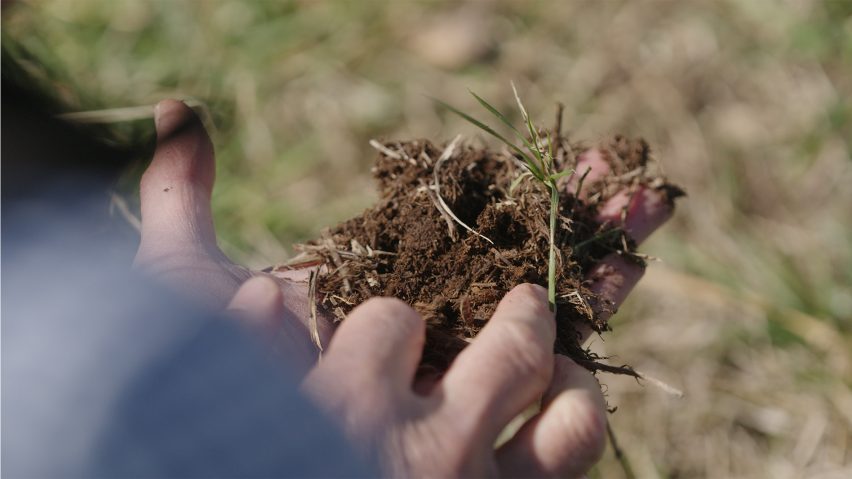
Also among 2023’s winning projects is Acción Andina, an initiative that supports indigenous communities with ecosystem restoration in the Andes Mountains, and the WildAid Marine Program, which gives countries the tools and technology to police illegal fishing in protected marine areas.
On top of their prize money, all of the winners winners will receive a year’s worth of mentoring and support as part of The Earthshot Prize Fellowship Programme, together with the other 10 finalists.
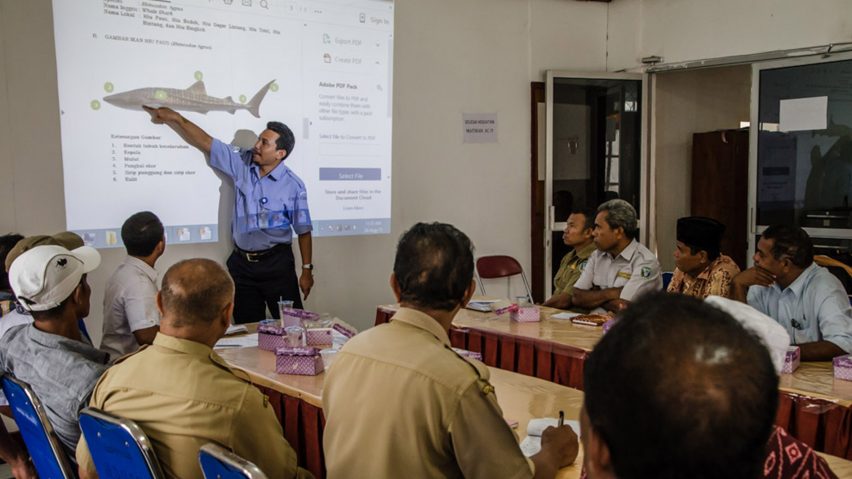
“Our winners and all our finalists remind us that, no matter where you are on our planet, the spirit of ingenuity and the ability to inspire change surrounds us all,” Prince William said in a speech at the awards ceremony in Singapore.
“The last year has been one of great change and even greater challenge. A year in which the effects of the climate crisis have become too visible to be ignored. And a year that has left so many feeling defeated, their hope, dwindling. However, as we have seen tonight, hope does remain.”
The Earthshot Prize is now in its third year, with previous winners including a greenhouse-in-a-box and a tool that creates fuel from agricultural waste.

